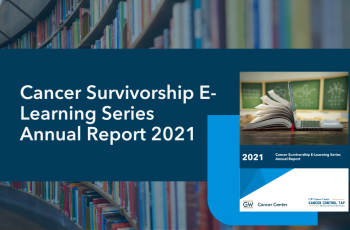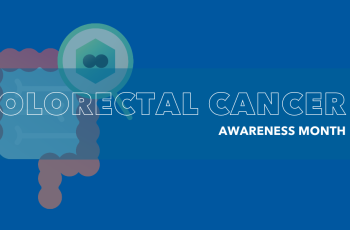This work was supported by Cooperative Agreement #NU58DP007539-01 from the Centers for Disease Control and Prevention (CDC).
Resources
The Tips® campaign can help people in your own community quit smoking.
Nuestras Voces (Our Voices) Network released a bilingual print and digital InfoCard to remind everyone that is time to get back to screening for cancer prevention.
This web page from the National Cancer Institute provides up-to-date information about COVID-19 for those affected by cancer.
The Consortium for Cancer Implementation Science (CCIS) focuses on cancer control priorities, cross-collaboration, and innovative solutions in implementation science (IS).
The Public Health Communications Collaborative has created a new resource on how to use bridging statements effectively to build trust, acknowledge and answer tough questions, and combat misinformation in your communities.
This 90-minute webinar explored housing stability as a key factor in community health and well-being, and featured discussion of some of the evidence-informed strategies that may be implemented by health sector organizations along with their partners.
The Cancer Survivorship E-Learning Series (E-Learning Series) is a self-paced, 10-module continuing education program available to health care professionals at no cost. Data in this report were collected from learners who completed at least one E-Learning Series module between January 1, 2021,…
This toolkit is designed to help our partners implement evidence-based practices when communicating about colorectal cancer. It can also help you plan, implement, and evaluate your social media strategy and make the case for why it is important.
This three-part training series from the Illinois Comprehensive Cancer Program Professional Education Series addresses Primary Prevention, Screening and Early Detection, and Diagnosis, Treatment and Survivorship.
A series of free webinars from the Public Health Communications Collaborative for public health communicators features experts with on-the-ground experience in communicating evolving COVID-19 issues to the public.

